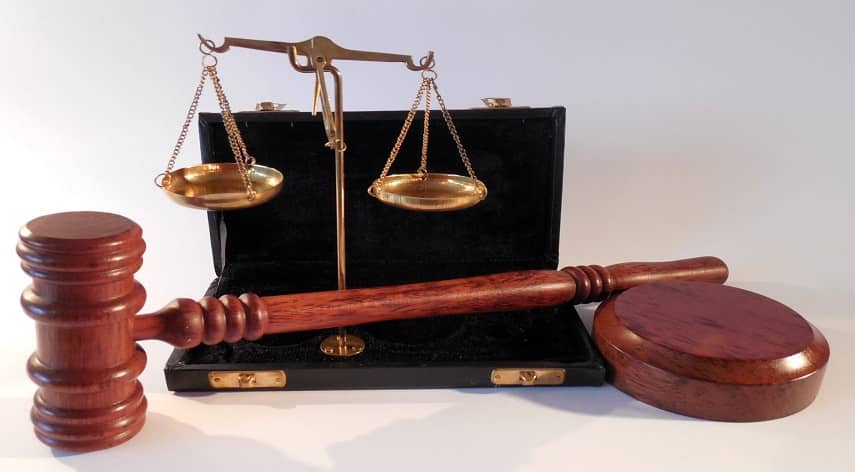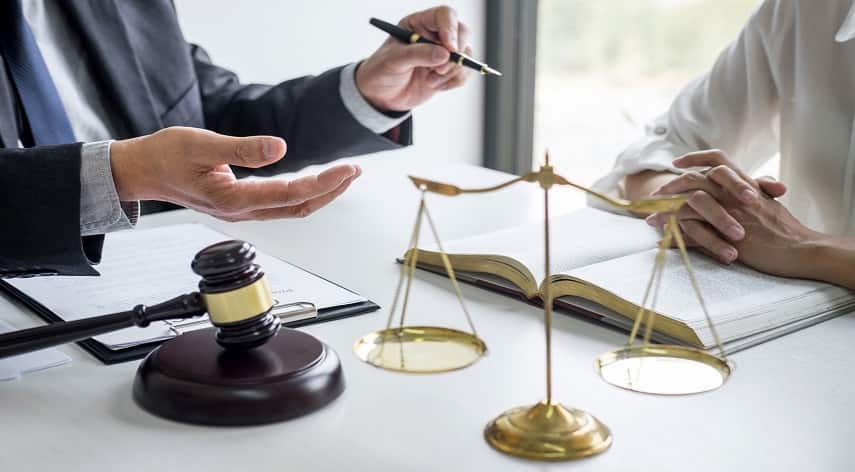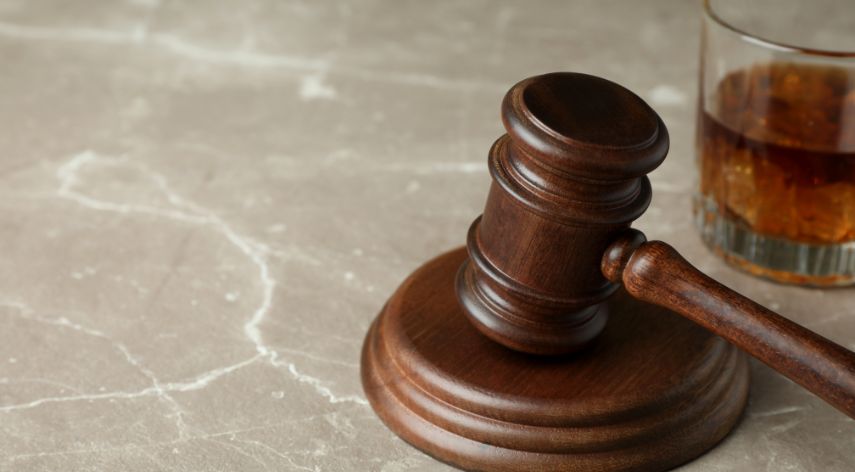Hiring the Best: What to Look for When Seeking an Injury Law Firm

The media often plays up the idea of frivolous lawsuits clogging up the court system. While there certainly are frivolous cases, the idea that every lawsuit clogs up the court system is less realistic. The reality is that around 95 percent of personal injury cases settle before they ever hit a courtroom.
Of course, that doesn’t mean that those cases aren’t important or that you can do without legal services. If you have a personal injury case, you want a personal injury law firm on your side.
Picking the right one can prove challenging though. Keep reading for the things to look for when picking a firm to represent you.
Table of Contents
ToggleCredentials
One of the first things you should look for when considering a personal injury lawyer is their credentials. Specifically, you must ensure that the lawyer or firm practices law in your state.
A lot of people live near the border of their state, which means a casual internet search will likely pull up lawyers from inside and outside your state.
While some lawyers and firms practice in more than one state, you should always check before you go in for a consultation. Avoiding meetings with lawyers who cannot represent you will save your time and their time.
Overall Experience
You want a firm or at least a lawyer with some experience under their belts. It takes lawyers a while to get a handle on their jobs. This is the same as it takes people in other professions a while to settle into their jobs.
Hiring a lawyer with experience helps ensure that you get smoother and more professional experience. It also minimizes the odds that a mistake on their part will torpedo your case.
Specialization
A lot of people don’t realize it, but most lawyers only practice law in specialized areas. That’s a big reason why a family lawyer generally won’t take a personal injury case. It’s just not in their legal wheelhouse.
When you look to hire an attorney or law firm, you want one that specializes in personal injury. For the kinds of personal injuries that a law firm might represent, click here to read on.
One of the biggest reasons you want a firm that specializes is that it means they’ll likely have up-to-date information on the relevant laws.
While personal injury laws don’t necessarily change fast, they do change. Just as importantly, precedents can also change. Things that might have been commonplace five years ago might not fly in court now where you live.
Percent of Practice
One thing that you’ll discover as you explore law firms is that many advertise that they practice in several areas of law. For example, they might do real estate, business, family, and personal injury cases.
One of the first things you should ask about is what percentage of their practice is actually personal injury. In many cases, you’ll discover that these firms primarily do one area of law and the rest are effectively sidelines for them.
If personal injury isn’t a big percentage of their cases, you’ll probably want to move on to other firms. While these firms might do their best to represent you, they’ll often lack the experience necessary to represent as well as a firm that handles a lot of personal injury cases.
Court Experience
Something else you should check into is how much court experience they have with personal injury cases. While most personal injury cases don’t go to court, some do wind up in front of a judge or jury.
Some personal injury lawyers will push for settlements to avoid taking the case to court. You want a law firm that has at least some experience arguing personal injury cases in court. Think of it as insurance, just in case you can’t reach a settlement in your case.
Consult Your Own Lawyer
Your family lawyer may not prove the best choice to represent you. That doesn’t make it a waste of time to consult them.
For example, let’s say that you get into an auto accident and think you have a case. Minimally, your lawyer can give you an opinion about whether they think you have a case.
Just as importantly, lawyers know other lawyers. Your lawyer can probably recommend firms to seek out or firms to avoid. Knowing what firms you don’t want to deal with can save you a lot of time and wasted energy.
Personal Recommendation
It’s possible that someone you know had a personal injury case of their own. You can ask around in your personal network and see if anyone fits the bill.
Granted, a personal recommendation doesn’t speak to a lawyer’s ability. it does, however, speak to how people view them after wrapping up the case.
If people you know and trust feel that a lawyer dealt fairly with them, there’s a good chance that you’ll feel the same way.
Finding Personal Injury Law Firms
What if no one you know can make a recommendation? This makes the task of finding a personal injury attorney or law firm more difficult. Your best bet is an internet search.
Yes, you’ll get a ton of hits. The information above will at least give you a starting point for reducing the list into something you can manage. When you start contacting firms, ask them a lot of questions.
If they can’t or won’t give basic answers, move on to a firm that will answer those questions.
Hiring the Best Injury Law Firm
Hiring the best injury law firm isn’t a cut-and-dried task. Different firms specialize in different things. Even personal injury firms can sub-specialize in injury areas, such as auto accidents or insurance claims.
You should make a point of gathering some key information. Ask about their credentials, total experience, and experience with personal injury. You should also find out how much of their practice is about personal injury.
When in doubt, ask for recommendations.
Looking for more info about picking lawyers or the legal profession? Check out the posts in our Law section.
Pankaj Majumder, a seasoned Civil Engineer, combines technical expertise with a passion for innovative infrastructure solutions. With a strong academic background and diverse project experience, he excels in creating sustainable and resilient structures that shape the future of urban development.
Recommended For You
Spread the loveFinding the right lawyer marketing expert for your law firm can be a challenging task. In today’s competitive
Spread the loveHave you suffered a loss because of someone else’s negligence? Are you considering legal action? Once you engage
Spread the loveNavigating the Legal Landscape for DUI Cases Welcome to the comprehensive guide on DUI lawyer services in Colorado





